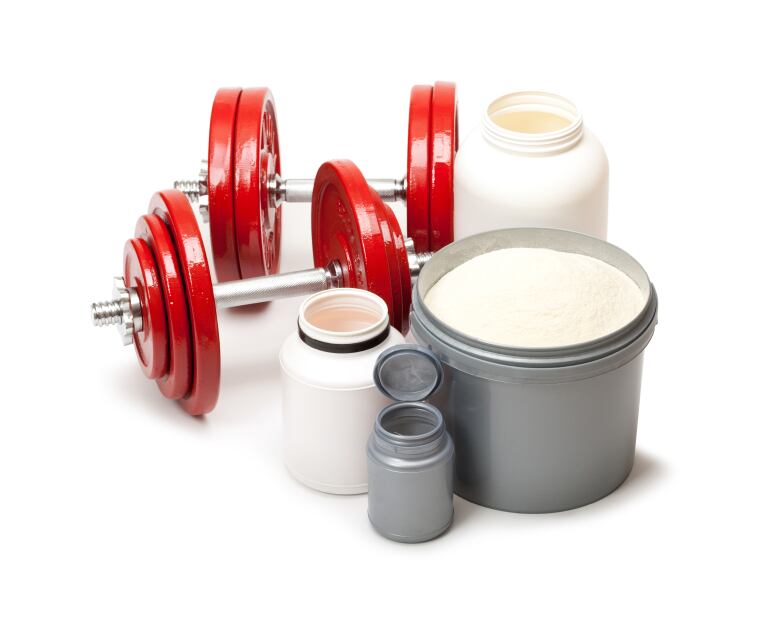Simon Outram and Bob Stewart said this kind of sponsorship posed ethical concerns in a landscape where efficacy was often debated and difficult to ascertain, and urged a review of such commercial partnerships.
“Sport may have found itself lending unwarranted credibility to products which would otherwise not necessarily be seen as beneficial for participation in sports and exercise or as inherently healthy products,” they wrote.
Terence O'Rorke, business development director for Informed Sport, a firm which tests products for substances prohibited in sport, told NutraIngredients that efficacy was almost irrelevant – sportsmen and women would continue to take these products regardless of the scientific evidence for or against. Instead he said it was more important to ensure the products being advertised at events and more generally were safe and complied with regulations.
Meanwhile, Dr Adam Carey, chair of the industry body European Specialist Sports Nutrition Alliance (ESSNA), claimed the research was “questionable” and included, “very inaccurate comments”.

“People engaging in intense muscular effort, from professional athletes to fitness enthusiasts, have increased and specific nutritional requirements that are often not met by their everyday diets, ultimately leading to different food choices and eating behaviours.
“Sports nutrition products were created as a response to this – to provide a practical and convenient way for sportspeople to meet their daily nutritional needs.”
Efficacy by association
The research, published in the Journal of Medical Ethics, suggested association with events conveyed the message that the products were, “integral to sporting engagement and achievement”. They suggested this was distinct from other forms of sponsorship which sought to benefit from positive associations with sport, but were not “intimately associated” with it.
They said product-specific sponsorship might be considered suitable if backed by consistent and independent studies showing them to be beneficial to sporting achievement and appropriate for a general population engaged in non-elite sporting activities and exercise.
“For the present it seems that through its own positive health associations sport is conveying a similarly positive message about the benefits of using nutritional supplements and rehydration fluids; a message that is not warranted by the evidence.”
ESSNA’s Dr Carey rejected this criticism, saying it was an “undisputed fact” that sports nutrition products were “extremely beneficial” for sporting activities and general health. He pointed out that the sports nutrition industry was “extremely tightly regulated”, coming under food law within the European Union.
“The EU health and nutritional claims approval processes are some of the strictest and most rigorous in the world - products can only advertise health and nutrition benefits that have been scientifically proven and approved by the European Food Safety Authority (EFSA).”

Within sports nutrition, EFSA has given positive opinions to products such as carbohydrate-electrolyte solutions, creatine, protein, vitamins and minerals.
O'Rorke downplayed efficacy concerns, regulations and approved claims in noting sportspeople were a group that relied very much on instinct and knowledge of their own bodies and performance.
“What we need is for authorities to accept that people do take these products. Don’t put your head in the sand and say: 'Don’t take them.' But make sure products are well regulated.”
This could be done by ensuring only verified, compliant products were sponsors, not banning such sponsorship altogether.
Who’s fitting the bill?
Outram and Stewart conceded that the question of how events would be funded if such sponsors were dropped remained an “important unknown factor, one with considerable implications for sports participation and associated population health.
“If sport authorities, teams and sports personalities distanced themselves from supplement and drinks-company sponsorship, ways would have to be found to cover the financial gap created."
They added: "Lessons can be learnt from the history of tobacco sponsorship and its gradual restriction, which did not lead to the wholesale collapse of sport.”
Source: Journal of Medical Ethics
Published online ahead of print,doi:10.1136/medethics-2014-102147
“Should nutritional supplements and sports drinks companies sponsor sport? A short review of the ethical concerns”
Authors: S. M. Outram and B. Stewart
